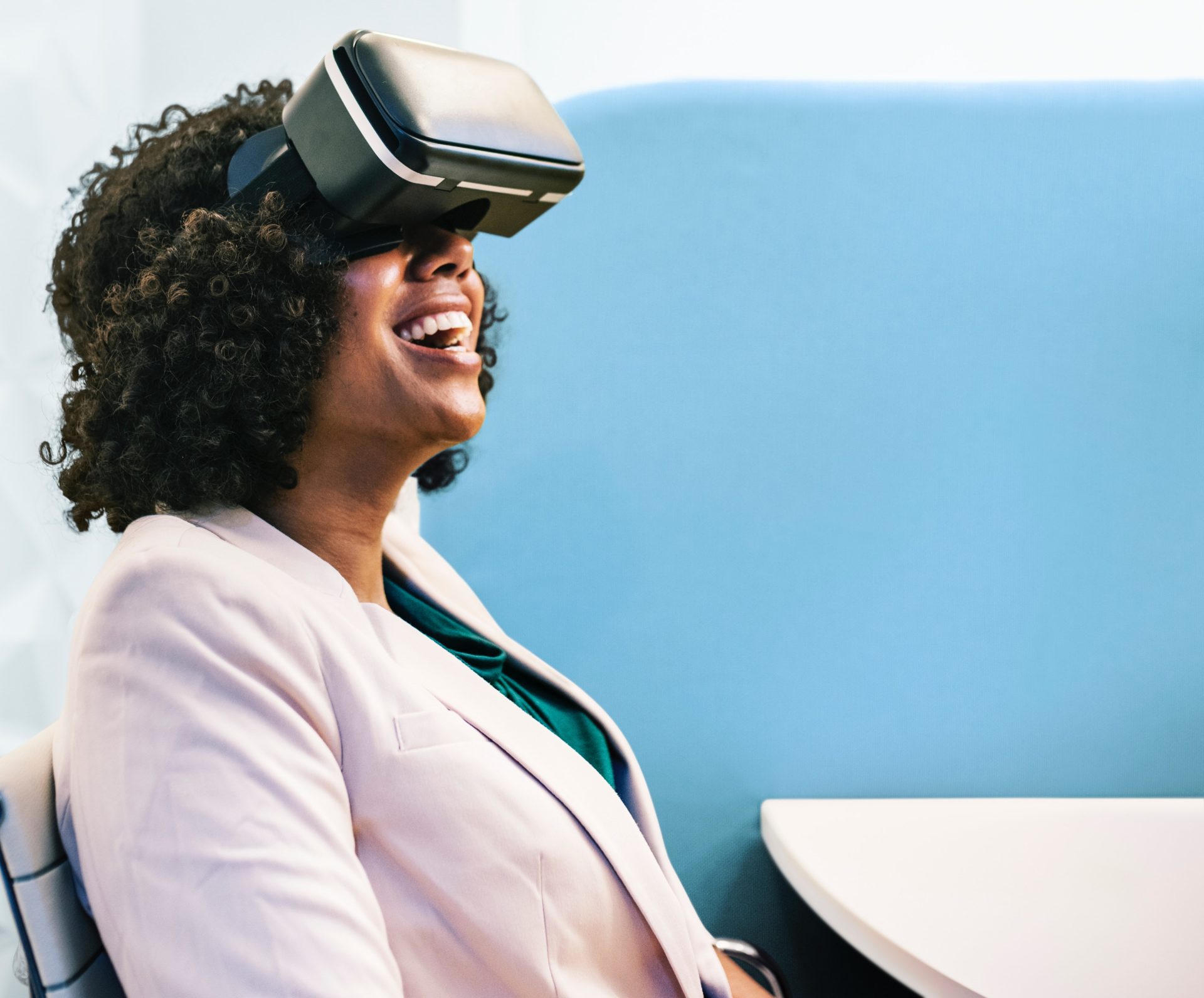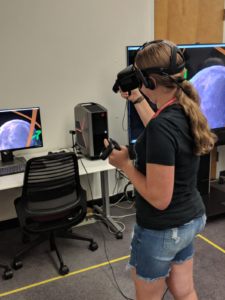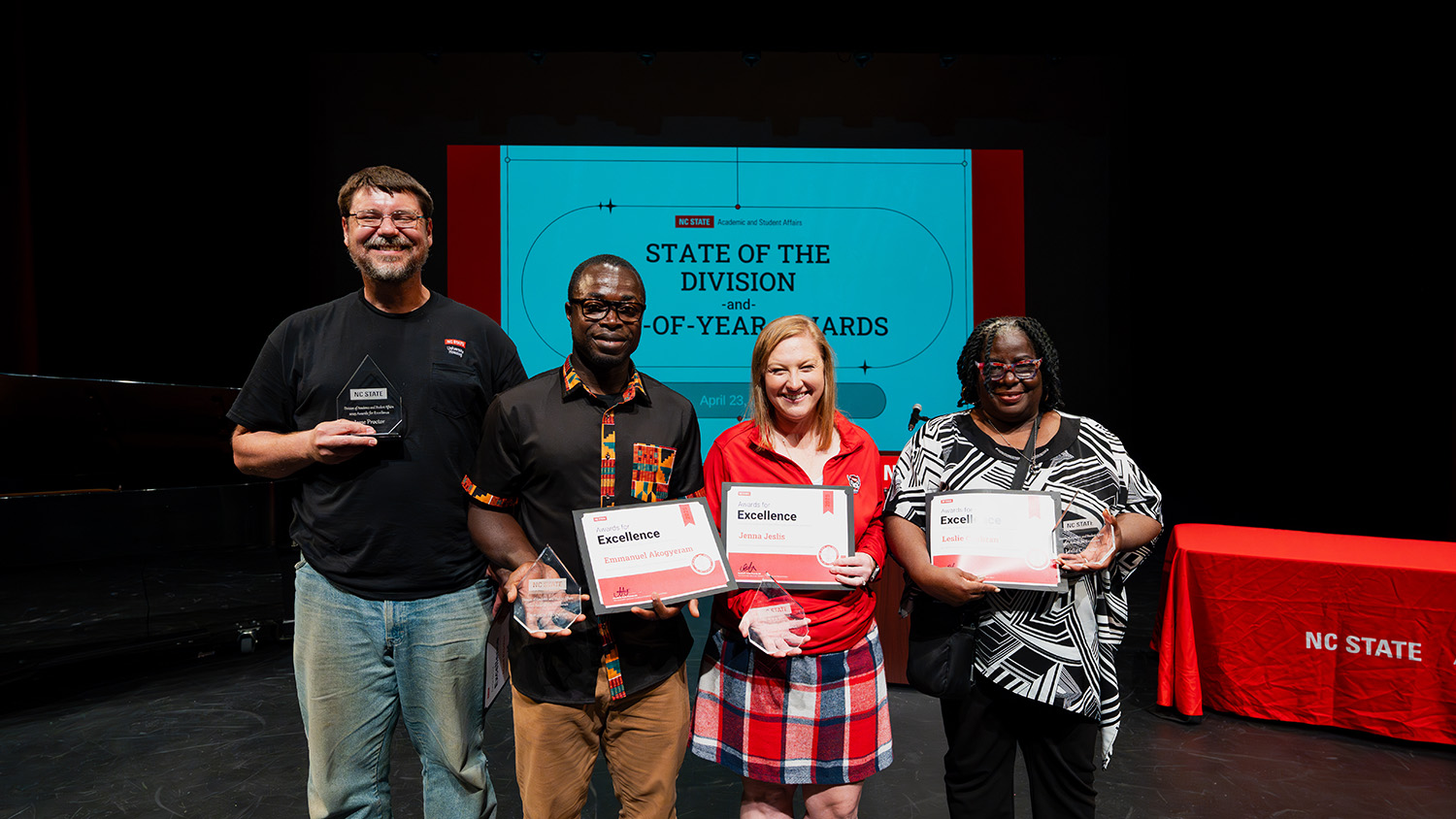STEM Supplemental Grant Award to benefit TRiO’s Upward Bound

[lead]The NC State University TRiO program plans to use a STEM Supplemental Grant award to help support five rural high schools increase STEM-related activities for secondary students, a goal that aligns with the US Secretary of Education’s supplemental priorities.[/lead]

The $80,000 grant will focus on 11th grade participants from those five rural high schools through a multidimensional, sustainable service delivery model. It will include activities to support the development of proficiency in the use and creation of computer applications, extend the partnership with the university by providing additional students with internship opportunities with professors in STEM fields, and increase STEM coursework through hands-on, innovative learning opportunities.
During the academic year, all classes offered will introduce the use of virtual reality (VR) and augmented reality (AR) to integrate STEM technology across all disciplines. The use of VR and AR in math, laboratory science, English, and computer programming classes will elevate the learning experience to expose students to the building block skills for critical thinking and problem solving through hands-on, inquiry based learning.
In conjunction with the NC State Libraries Virtual Reality Studio and Shadrick Addy, an NC State VR Fellow, the TRiO Upward Bound program will have cutting edge facilities and facilitators to train the UB instructional staff. The staff will be trained on how to use VR and AR software and hardware while receiving assistance with interdisciplinary curriculum development. The academic year academy and summer academy will include a coding class for a subset of the junior class cohort to increase access to STEM coursework through hands-on learning opportunities in computer science.
During the academic year students will learn about software development as well as practical and applied skills needed for a career in computer programming. Additional tutors will be provided for these students as they navigate the rigors of this expanded STEM instruction. This same cohort of participants will continue the coding curriculum in the summer academy as a lab course for hands-on learning experiences and develop a final project. The capstone project will be for students to develop a phone application (app).


